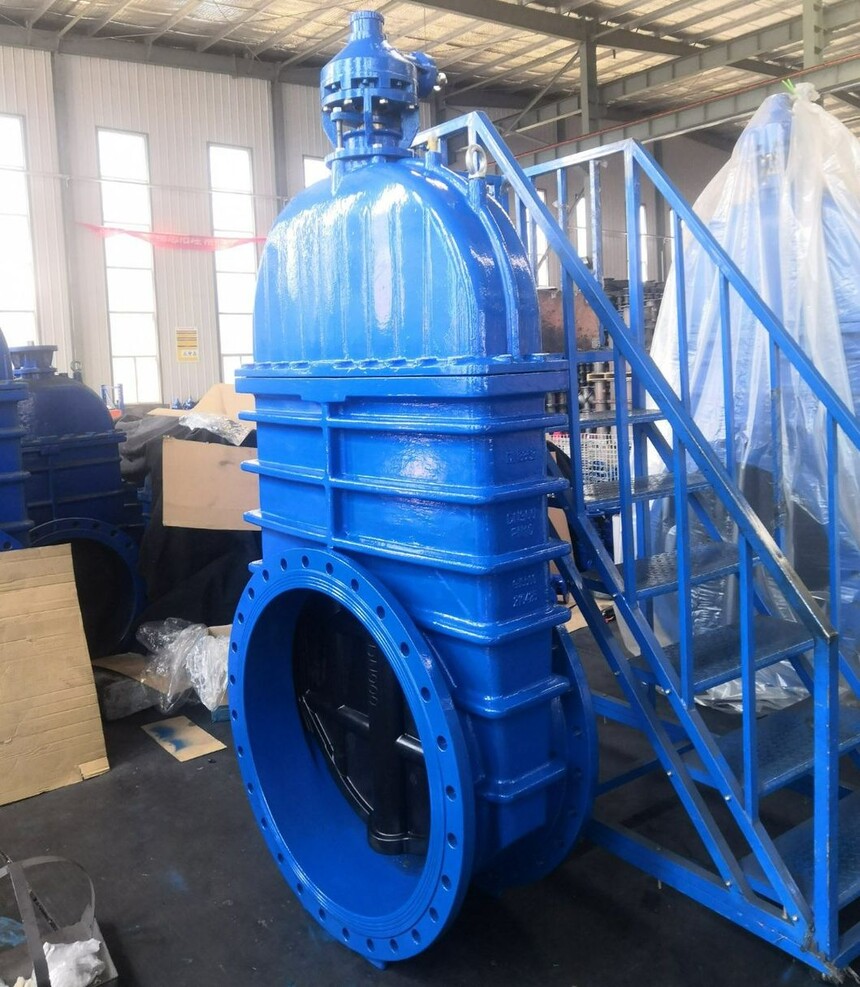|
The explosion-proof and wear-resistant characteristics of Gunmetal Seat Gate Valves, a powerful tool in the petrochemical industryIn the petrochemical sector, where operations involve hazardous chemicals, extreme temperatures, and high-pressure environments, the reliability and safety of industrial valves are non-negotiable. Among the various valve types, gunmetal seat gate valves have emerged as a cornerstone solution, praised for their explosion-proof capabilities and exceptional wear resistance. This article explores why these valves are indispensable in petrochemical applications and how their design features enhance operational efficiency and safety.
1. Understanding Gunmetal: A Robust Alloy for Critical Applications Gunmetal, also known as red brass or G-type bronze, is an alloy primarily composed of copper, tin, and zinc. Its composition—typically 88% copper, 10% tin, and 2% zinc—offers a unique blend of properties: Corrosion Resistance: Ideal for handling corrosive media like acids, alkalis, and seawater. High Tensile Strength: Withstands mechanical stress without deformation. Thermal Stability: Maintains integrity under extreme temperature fluctuations. Non-Sparking Nature: Critical in explosive environments where flammable gases or vapors are present. These attributes make gunmetal an optimal choice for valve seats and bodies in petrochemical plants, where durability and safety are paramount. 2. Explosion-Proof Features: Mitigating Risks in Hazardous Environments Petrochemical facilities often process volatile hydrocarbons, creating explosive atmospheres classified under ATEX (Atmosphères Explosibles) or IECEx standards. Gunmetal seat gate valves address these risks through: Non-Sparking Materials: Unlike steel, gunmetal does not generate sparks when struck or rubbed, reducing ignition sources. Fire-Safe Designs: Many models comply with API 607/6FA fire-safe standards, ensuring valves remain operational even after exposure to flames. Sealing Integrity: Advanced seat designs (e.g., resilient wedge or metal-to-metal) prevent leaks, minimizing the risk of explosive vapor accumulation. By integrating these features, gunmetal gate valves help plants adhere to stringent safety regulations, including OSHA’s Process Safety Management (PSM) and EU’s Seveso III Directive. 3. Wear Resistance: Enhancing Longevity in Abrasive Conditions Petrochemical streams often contain suspended solids, slurries, or abrasive catalysts that degrade valve components over time. Gunmetal’s inherent hardness and anti-galling properties combat wear through: Low Friction Coefficients: Reduces seat erosion during frequent cycling. Resistance to Cavitation: Withstands pressure drops that cause material pitting. Corrosion-Wear Synergy: Unlike ferrous metals, gunmetal does not corrode-accelerate wear, extending service life. In applications like fluid catalytic cracking (FCC) or hydroprocessing units, where valves endure 24/7 operation, gunmetal’s wear resistance translates to lower maintenance costs and reduced downtime. 4. Applications in Petrochemical Processes Gunmetal seat gate valves excel in: Crude Oil Refining: Handling sulfur-rich streams in desulfurization units. LNG Facilities: Managing cryogenic temperatures (-196°C to +200°C) without brittleness. Chemical Processing: Resisting aggressive chemicals like hydrogen sulfide (H₂S) in amine treating units. Pipeline Networks: Ensuring leak-tight shutoff in cross-country oil/gas pipelines. Their full-bore design minimizes pressure drop, while bi-directional flow capability simplifies installation in complex piping layouts. 5. Compliance with Industry Standards Leading manufacturers engineer gunmetal gate valves to meet: API 600/603: For pressure-temperature ratings and face-to-face dimensions. NACE MR0175: Resistance to sulfide stress cracking in sour service. ISO 15848-1: Low fugitive emissions for environmental compliance. Certifications from bodies like TÜV, LRQA, or DNV validate performance claims, giving operators confidence in critical applications. |

